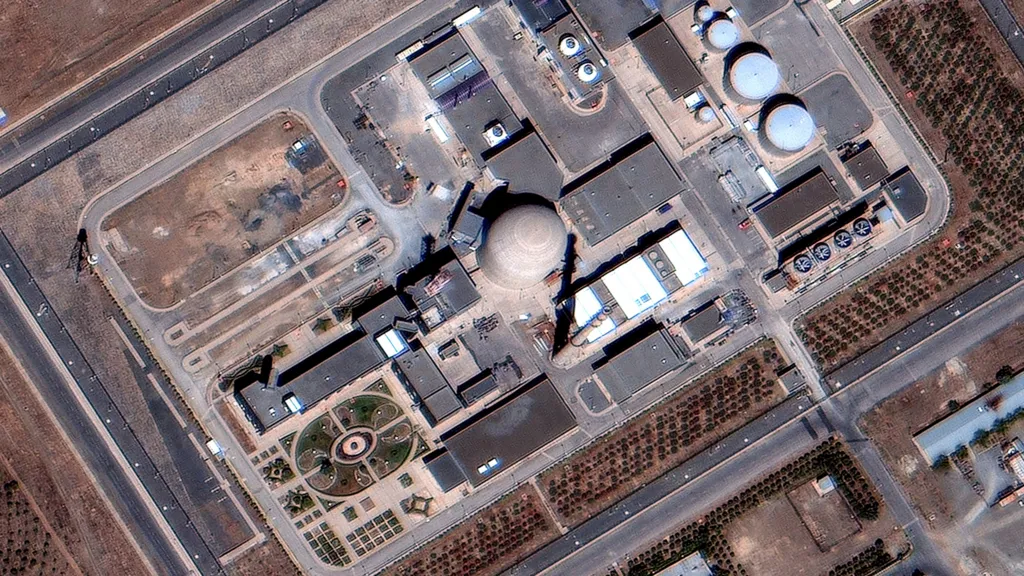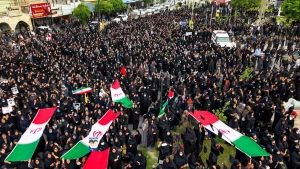Ten years after being lifted, sweeping UN economic and military sanctions have slammed back down on Iran.
The timing couldn’t be more combustible.
Britain, France and Germany triggered the so-called “snapback” mechanism.
They accused Tehran of “continued nuclear escalation” and stonewalling inspectors.
Iran, meanwhile, says it’s been pushed into a corner after US and Israeli strikes in June blew up several of its nuclear sites and military bases.
President Masoud Pezeshkian insists Iran “has no intention” of building a bomb, calling the renewed sanctions “unfair, unjust, and illegal.”
Diplomacy Or Standoff With Iran?
The 2015 nuclear deal — once hailed as a diplomatic breakthrough — capped Iran’s uranium stockpile and research, in exchange for sanctions relief.
But when Donald Trump yanked the US out in 2016, Tehran ramped up its nuclear activity.
The recent strikes were meant to hobble Iran’s progress and punish its support for regional militias.
Some experts doubt they’ll have a lasting effect.

European allies say sanctions don’t spell the end of diplomacy and are urging restraint.
Tehran counters it won’t hand over enriched uranium or accept US conditions without security guarantees.
With inspections only just resuming, both sides seem locked in a familiar standoff.
The world is left wondering: is this a reset or a road to rupture?





